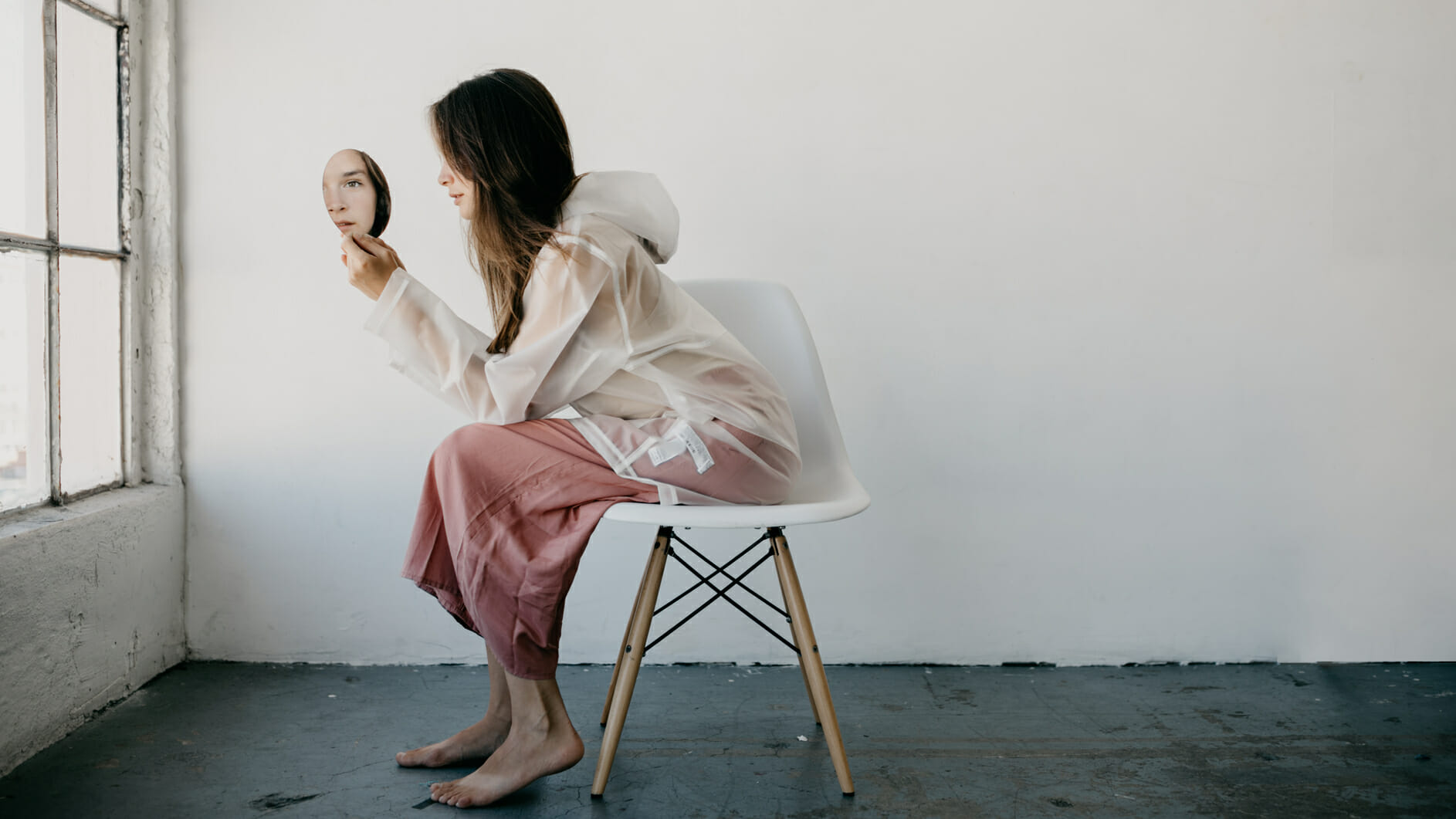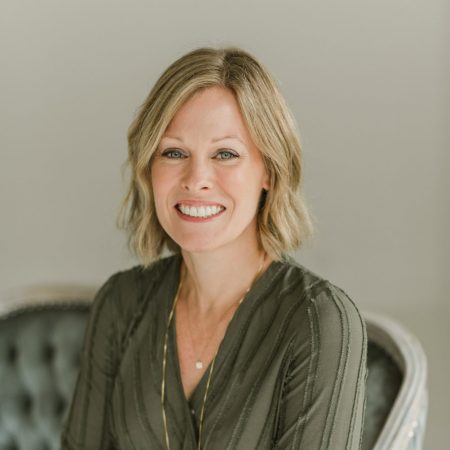As a couples counselor, I often see couples come into my office week after week with a laundry list of wrongs and hurtful things their partners have done and another laundry list of ways they want their partner to change. When I attempt to shift the conversation back to the person with the laundry list, they immediately shift it right back to their partner.
Can you relate?
Isn’t it so much easier to see what our partner is doing wrong and how they are hurting the relationship than it is to see our part in it?
Victimhood can be an enemy of our minds that keep us fixated on something (or someone) other than ourselves. It can cause us to believe the lie that we are at the mercy of other people or our circumstances.
It’s so much easier to point the finger, place blame, and demand our partners need to change. It’s so much easier to be the victim than the offender.
It takes a mindset shift to realize that this is actually hurting your relationships just as much (and maybe even more) than the hurts other people are causing. It takes practice to choose to look at ourselves and how we are a part of the issue at hand.
It can be challenging, even scary, to look inward, at your own thoughts, feelings, and behaviors that are affecting your relationships. Use these questions to help you pivot your stance and empower you to see the choices you have control over.
- Are you being kind?
- Are you remembering that you love this person?
- Are you choosing to engage and connect?
- Are you recognizing when you get flooded?
- When you get flooded, are you asking for a time-out?
- Are you checking in with your partner?
- Are you working on your inner narratives that are unhelpful to your relationship?
- Are you doing the 8 Easy A’s?
- Are you communicating and asking for what you need?
- Are you paying attention to your tone and body language?
- Are you being a good listener?
- Are you engaging in healthy habits that have a positive influence on yourself and/or your partner?
If you said yes to most of these questions, and still feel disconnected or hurt, talk to your partner about it, make your needs known, or reach out to a counselor for help.
If you said no to some or most of these questions, reflect on the reasons why. Is there fear, negative thoughts or feelings, or some other reason that is stopping you from doing these? Do you have the skills to know how to do these things well? Lean in and get curious about yourself. I recommend journaling, reflecting with a trusted person, or reaching out to a counselor for help.


